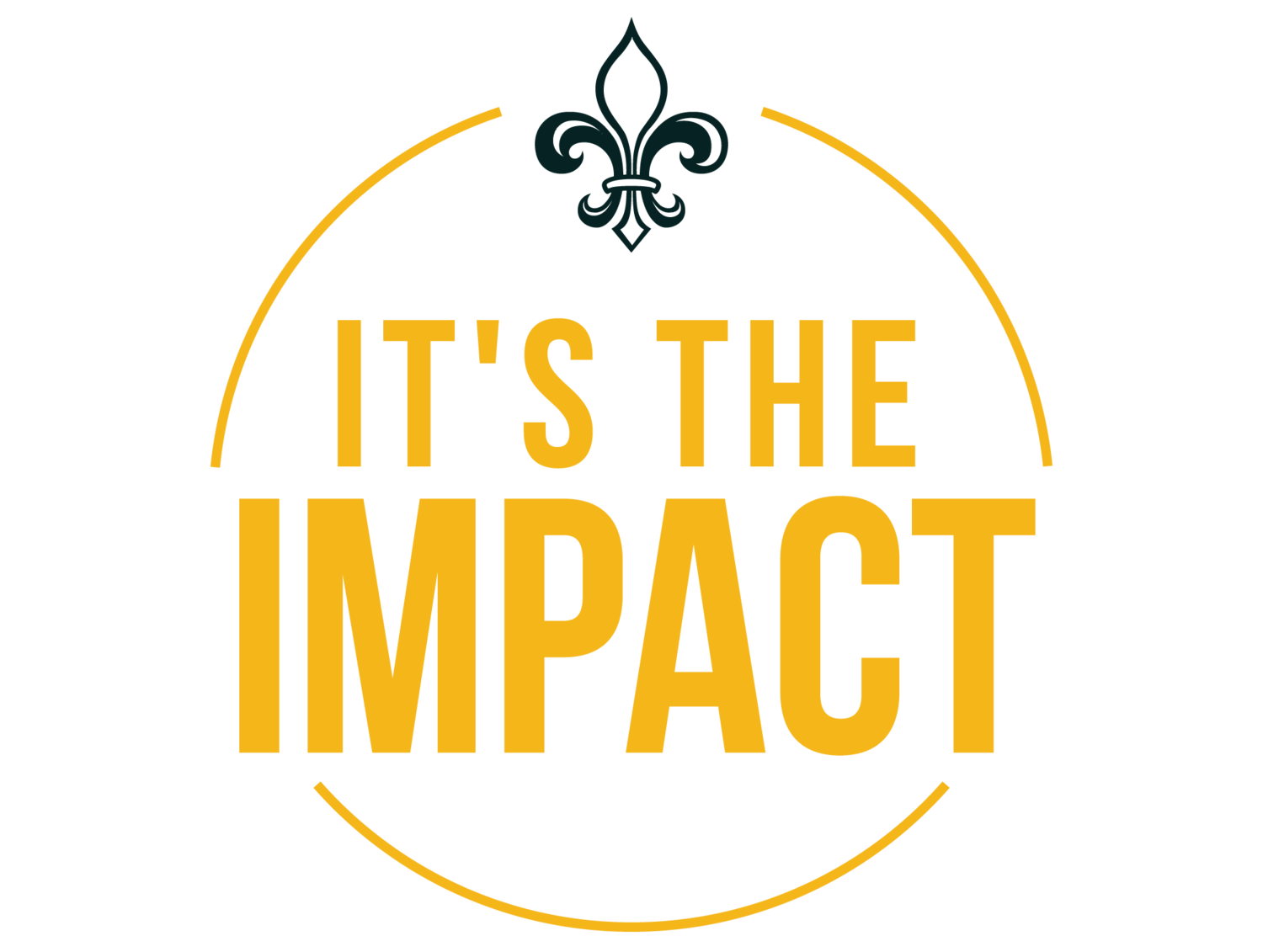Strategic Relationship Building
Why Being ‘Too Nice’ Isn’t an Excuse
As a leader, your ability to drive change comes down to more than your vision. It also depends on your relationships, and having a solid, reliable, trustworthy, capacity-rich network.
Effective leaders understand the importance of strong networks. They build relationships with colleagues, mentors, experts, and community leaders who can help them create a real impact.
Let’s be honest—in today’s fast-paced world, leaders often don’t devote enough time to relationship building, let alone prioritize intentional relationship cultivation. And some leaders think that being strategic and intentional about their relationship building is ‘icky’ and ‘manipulative’.
In this article, learn how you can create more time to build stronger and necessary relationships with greater intention.
What is strategic relationship building and why does it matter?
Does ‘relationship building by happenstance’ sound familiar? Most of your relationships are with the people you interact with daily, right? Given how busy you are, your strongest bonds are often formed with those you work closely with every day. In the hustle and bustle, it can be hard to find an extra minute to connect with others who aren’t immediately tied to your daily needs.
There’s no judgement here. You’re busy, and the time constraints on your schedule make it tough to proactively build relationships. Often, your operational responsibilities and the pressure to meet short-term performance targets simply have to come first. And even if you do find the time for intentional relationship building, you never know when the next crisis is going to hit.
Despite these realities, strategic relationship building is absolutely worth the time and effort it takes. But what is it, exactly? It’s an approach to building relationships that enables you to proactively and intentionally build the connections needed to propel your work forward in a more effective way.
Strategic relationships assist you in executing your work (e.g., one of your leadership team members who is in charge of an initiative), resourcing your work (e.g., a funder or someone overseeing volunteers), or clearing the path for your work (e.g., a community or political leader with the ability to influence others).
To be clear, strategic relationships are authentic, reciprocal relationships that enable you to support others as much as they support you and your organization. They’re by no means fake. These relationships are built on trust and credibility, just like any other quality relationship.
How inward narratives affect outward action
There are myriad reasons why leaders often don’t have a dedicated relationship building practice. The time constraints and other priorities we touched on earlier are just the beginning.
The big problem? Being too nice. In other words, telling yourself that you’re not being a good person when you’re building relationships in a strategic way. Let me explain.
Building relationships requires proactive steps. However, just like with any action-oriented task, our mindset towards that action can influence our willingness and effectiveness in undertaking it. Our thoughts determine our actions.
This inward narrative associated with deliberately building relationships can take a negative turn, particularly for kind, relationship-oriented leaders. I see this happen with my clients often—they’re concerned about using a strategic approach to relationship building because they don’t want to feel like they’re manipulating others, and they don’t want others to feel manipulated by them.
Here’s why I call BS on that.
It’s understandable if you’ve come to believe, consciously or unconsciously, that strategic relationship building is manipulative. This perspective often stems from good intentions, but it’s not helpful.
Operating under this notion, you limit yourself from forming pivotal relationships. Unintentionally, you are denying others the opportunity to engage with you and benefit from that interaction. You’re also potentially restricting the collective, transformative work you could accomplish together. You are short changing so many others who can benefit from the beautiful and impactful changemaking work you can do together.
Shifting your mindset around relationship building strategically
We’ve now defined strategic relationship building and explored how it can be derailed by inward narratives about manipulation and not being a good person. Now, let’s look at a few useful vs. non-useful ways to think about strategic relationship building.
Negative: “Relationships should be authentic, and thinking about who to build a relationship with makes me a user.”
Positive: “True authenticity in relationships comes from my commitment to creating a mutually rewarding experience.”
Negative: “I’m manipulating this person by asking for their involvement in my initiative.”
Positive: “I’m giving this person an opportunity to be engaged in something exciting and community-changing.”
Negative: “I have nothing of value to offer this person—I’m just taking from them.”
Positive: “I’ll share my agenda and invite this person to contribute to it, so we can see whether our desired outcomes align.”
Step forward in authenticity
Being strategic in your relationships simply means being thoughtful about how you spend your time, and with who. It means making space for one another to be authentic, and co-creating an agenda for how you’ll move your respective changemaking initiatives forward. When both people get value from an interaction, it’s the farthest thing from manipulative.
So, I challenge you to ask yourself how you’re thinking about authenticity vs. strategy in your life.
The next time you find yourself questioning your intentions for building relationships with others, ask yourself how this person might feel if they were left out of being engaged in the opportunity. This is how you can turn your thinking around.
Meaningful work is never easy. Our leadership support program, The Changemaker, connects you with other powerful, committed leaders to help you move your audacious goals forward while maintaining balance and authenticity. The next program starts in September. Schedule a call to find out how we can help you.

